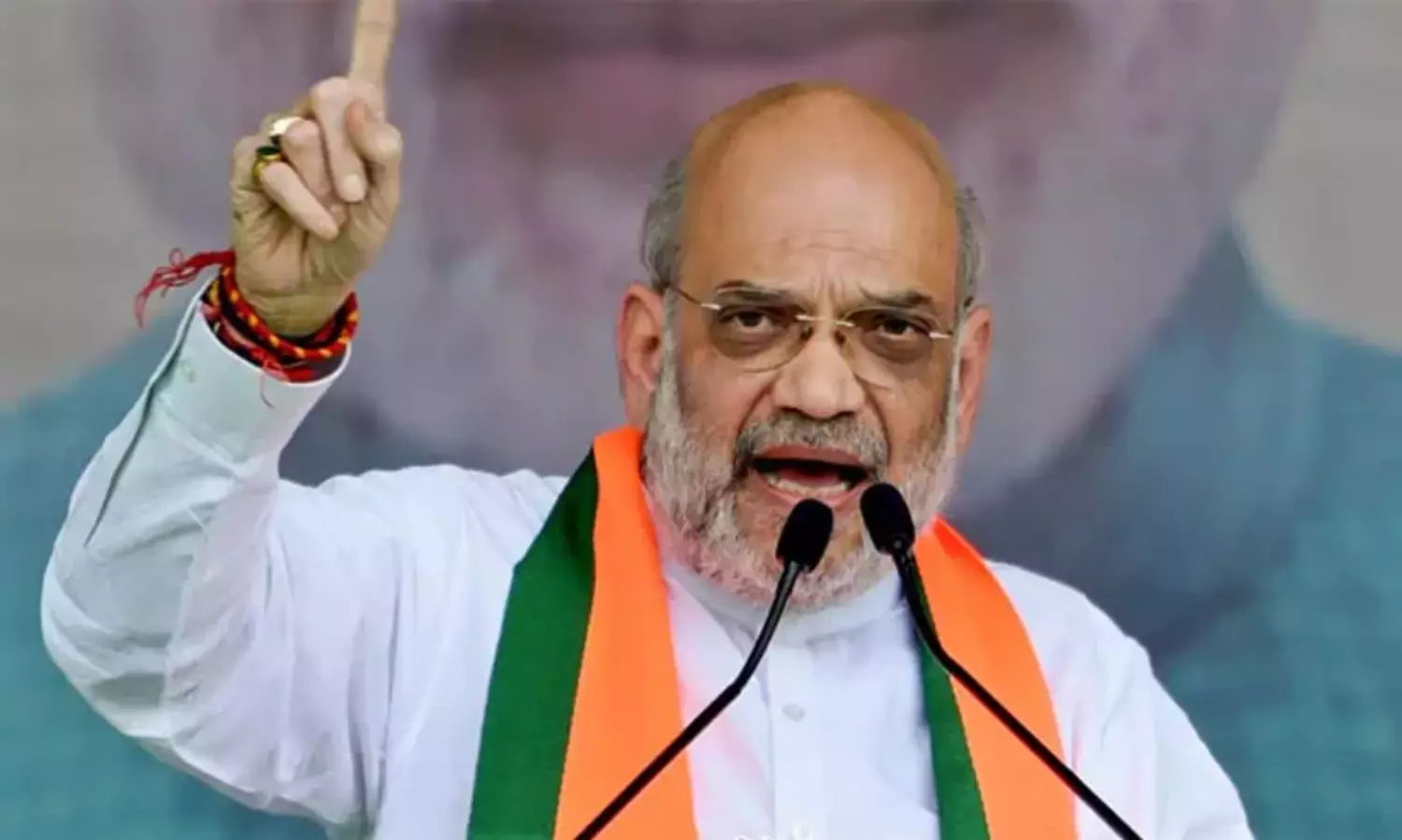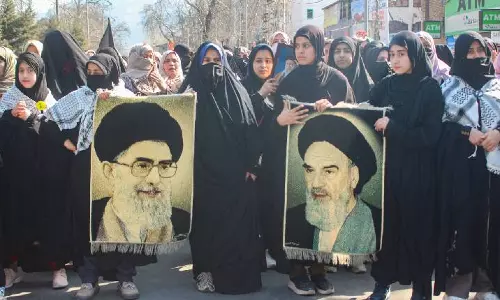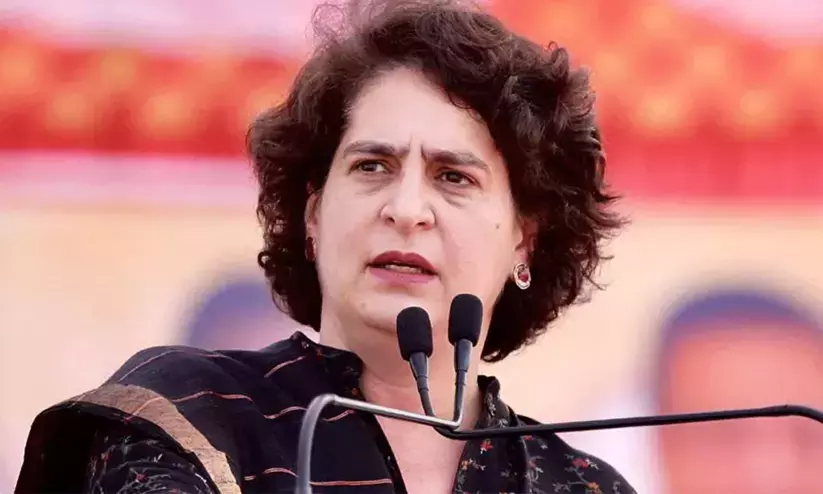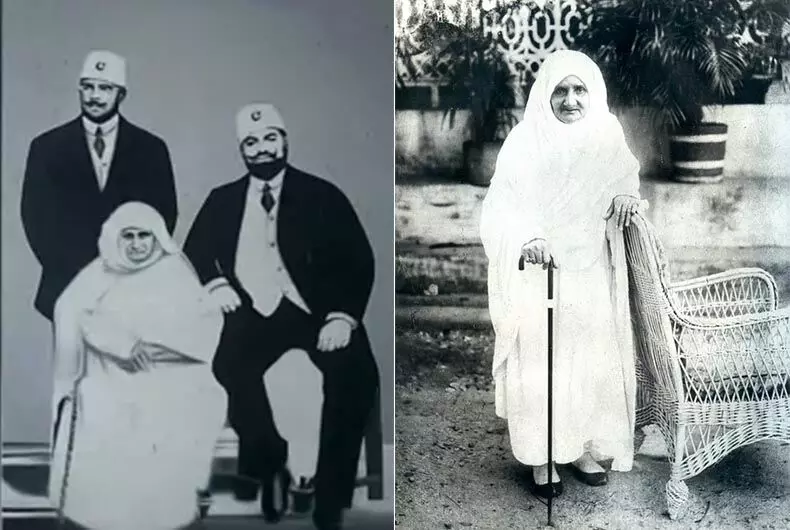
Bi Amma: the mother of freedom fighters whom Gandhi called his mother
text_fieldsNew Delhi: Among the few Muslim women who had actively participated in the Indian Independence movement, Abadi Bano Begum (Bi Amma) was a prominent face.
Her active participation in the struggle to liberate the country from the British Raj, even led Mahatma Gandhi to call her his mother.
Bi Amma was born in 1850 in Uttar Pradesh and was married to Abdul Ali Khan, a senior official of the princely state of Rampur who later died of cholera. He had five sons and a daughter.
Among all her children, Maulana Shaukat Ali and Maulana Mohammad Ali Jauhar became famous in Indian history as the 'Ali brothers' who started the 'Khilafat Movement' against British rule.
Professor Ajay Tiwari, who retired from Delhi University, told IANS: "Bi Amma came from a conservative family. Due to her husband, she was in great debt, and it was impossible for her to raise six children after his demise."
"When her brother-in-law advised her to sell off some of their property, she refused saying that the property belonged to her children."
"Seeing her passion for the country, Gandhi ji addressed her as his mother and called himself her son. Imagine how impressed he must have been, that despite being a popular leader at that time, Gandhi ji called her his mother!"
Bi Amma, despite her poor financial condition, from 1917-1921, donated Rs 10 every month to protest against the British Defense Act, after Sarojini Naidu's arrest.
Highlighting her contribution to the freedom struggle, Ajay Tiwari said: "Despite her poor economic condition, Bi Amma had won everyone's heart with her spirit. The Defence of India Act influenced her religious beliefs and the idea of women's independence after which, she changed herself."
"When Congress leader Subramaniam Iyer was presiding over a meeting, Bi Amma wrote him a letter for the first time which later came to be known as a 'document of the freedom movement'. In the letter, she stated she is writing to him even though according to their Sharia law, talking to another man is 'kufr' (sin)."
Bi Amma, despite her progressive nature, believed in the concept of 'purdah' (an Islamic custom of covering a woman's face). However, when she had come to address a gathering in Punjab and removed her burqa on stage, panic spread among the Muslim community.
At the meeting, she said that she is older than most of the audience members and they all are like her sons. Therefore, she doesn't have to follow 'purdah' in front of them. And this incident made her the unanimous mother of all those who fought in the freedom movement.
In 1917, she joined the movement for the release of her two sons from prison. Mahatma Gandhi encouraged her to speak up and get the support of women in the freedom movement. She travelled extensively across India to support and raise funds for the Khilafat and Indian Independence movement.
Talking about honouring her, Ajay Tiwari said: "She died in 1924 and 66 years after her death, the Pakistani government recognised her contribution to the freedom struggle by issuing a postage stamp in her honour."
"But in India, we are not doing any remarkable work to remember her. If we try to save the memory of these extraordinary personalities like Abadi Bano Begum, then our celebration of independence will be worthwhile."
Written by Mohammad Suaib Khan for IANS























